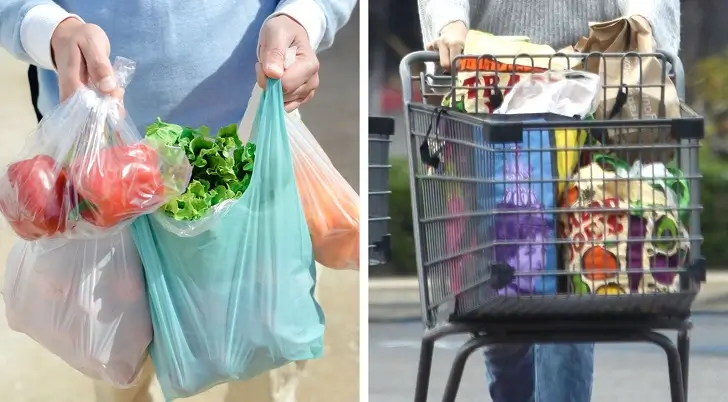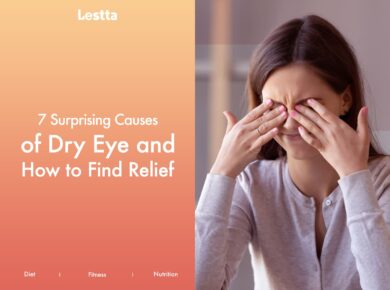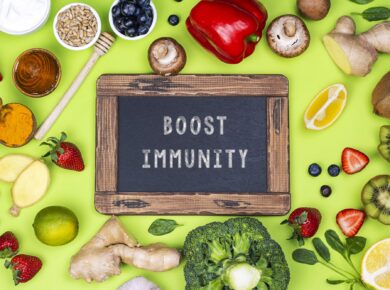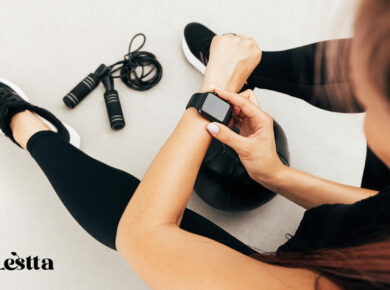10 Ways to Stay Safe From an Epidemic
10 Ways to Stay Safe From an Epidemic – During the time of an epidemic, people can easily get scared and think getting sick is unavoidable or take on any drastic measures to save themselves. The important thing is to research what experts say and find what different sources agree on to keep you safe.
We at lestta want to help you keep healthy during the time of health crisis so we’re sharing ways to keep healthy during an epidemic.
Are you ready to use your imagination? Let’s start with these 10 Ways to Stay Safe From an Epidemic
1. Keep sick family members at home
One reason people tend to get sick during the winter months is likely because the cold weather often forces people together in enclosed spaces, making it easier for illnesses to spread. Knowing this, if you or a loved one is already showing signs of illness, avoid going out in public. In more severe cases, sick people might be placed under quarantine or isolation.
2. Medicate before symptoms occur
For people who already take medication for asthma or allergies, it might be a good idea to talk to their doctor about a pre-medication plan, in which they treat symptoms before they occur, to help prevent the risk of illness.
3. Sanitize items that are regularly used
Just as people should avoid going out in public when getting sick, it can be equally as important for people who are currently in good health to avoid close contact with people who are showing visible symptoms. Likewise, you should regularly sanitize frequently touched items in your home or place of business, this way you can avoid indirect contact with a sick person.
4. Cook meat and eggs properly
Food can contain poisonous bacteria and can get people sick either by eating it or from just touching it. Most foods, especially meat, poultry, fish and eggs, need to be cooked properly to kill this bacteria. Normally, the food needs to be cooked at around 167°F (75°C) or hotter and should be at least 140°F (60°C) when eaten.
5. Avoid contact with wild or farm animals
Various animals can carry harmful germs that can cause a variety of illnesses in people. Known as zoonotic diseases, they can be spread by touch, bite, or even by inhabiting the same area as an animal. Farm animals, as well as wild animals, can be dangerous to humans, especially during an epidemic. Whenever possible, avoid these animals. If coming into contact with them is unavoidable, it’s best to wash and sanitize your hands after dealing with them, their supplies, or the areas where they live.
6. Clean towels immediately
People can get into the habit of reusing the same towel or washcloth to cut back on laundry, but that’s not always safe. Towels can be a breeding ground for germs, especially when sick people are using them. It’s important for people to clean and replace the towels in their shared living spaces, like in kitchens or in bathrooms.
7. Stay hydrated

When you are feeling unwell, your body starts using more fluids than usual, so you can become dehydrated without even realizing it. Drink around 8 cups of fluids a day, like water, broth, fruit juice, milk, or decaf coffee. Added to that, you can also suck on ice cubes, ice popsicles, or use a humidifier. Avoid sugary or caffeinated drinks.
8. Stock up on supplies

If your area experiences an outbreak, you might find yourself unable to leave your home. To prepare for this, it might be a good idea to stock up on food and water, around 2 weeks’ worth at a time. Try finding non-perishable foods, like boxed items and canned foods, that can be stored easily. Also make sure to stock up on toilet paper, cleaning products, tissues, pet food, sanitary items, and any medical supplies you might need, like medication.
9. Wear gloves in public

As mentioned, germs are often spread by hands. Wearing gloves and surgical masks can help, but you have to use them correctly. For gloves, it’s important to remember that you can get germs on your hands when you take off your gloves, so make sure to regularly wash your hands after taking them off, just like health care workers. In fact, it’s often a good idea to wash your hands while wearing gloves. Also, shop around to find gloves that do ward off germs. Cheaper brands might let bacteria get through the material.
10. Be careful with facemasks
Generally, facemasks are useful, but it’s become very common for people to use them improperly. For starters, they really should be worn by people who already have signs of illness, not healthy people, to avoid spreading possible disease. They are especially important for health care workers and people who take care of others in close spaces. When a facemask comes with a colored side, it’s meant to be the external side, and it’s important to wear it properly in order to use the filter. It’s also important to regularly replace facemasks after each use, as well as cleaning your face and hands before and after each use.
Bonus: Keep up to date on information

There are all kinds of information out there about epidemics and what they can mean for you and the world at large. But the information available might be incorrect, taken out of context, or even be politically motivated. It’s up to you to make sure you are using reliable, up to date sources that you can trust. Do your homework. For example, make sure a claim is verified by more than one source.
What are some ways that you would keep yourself safe during an epidemic? Please share it with us in the comments!









